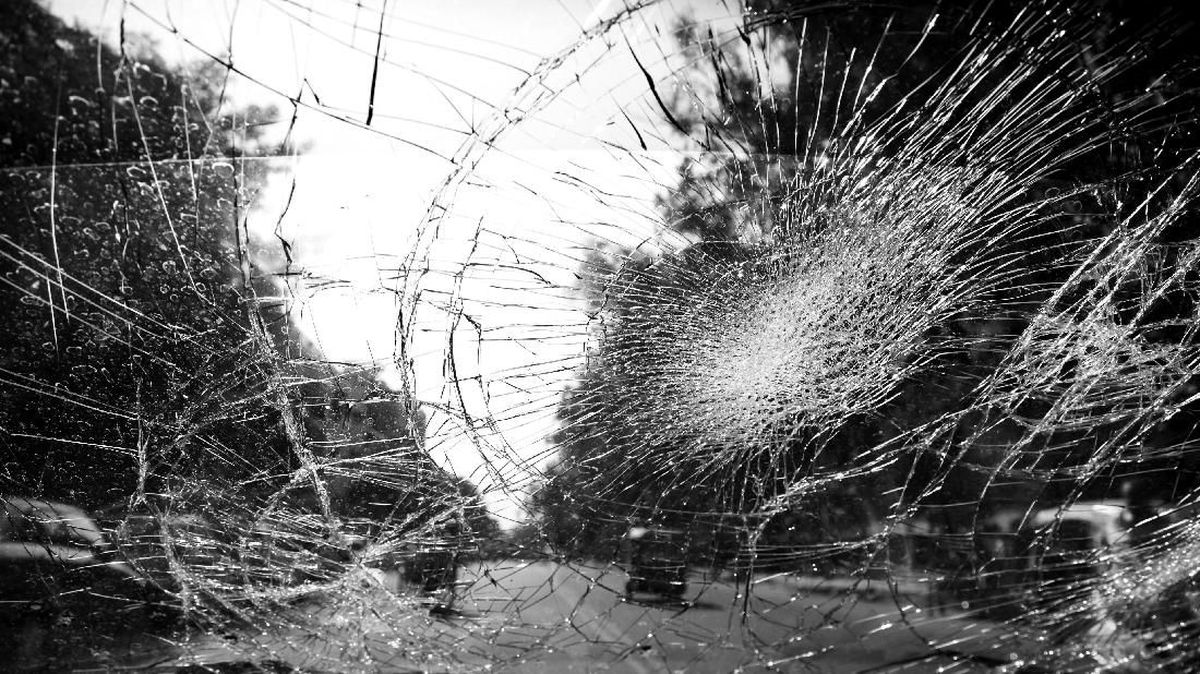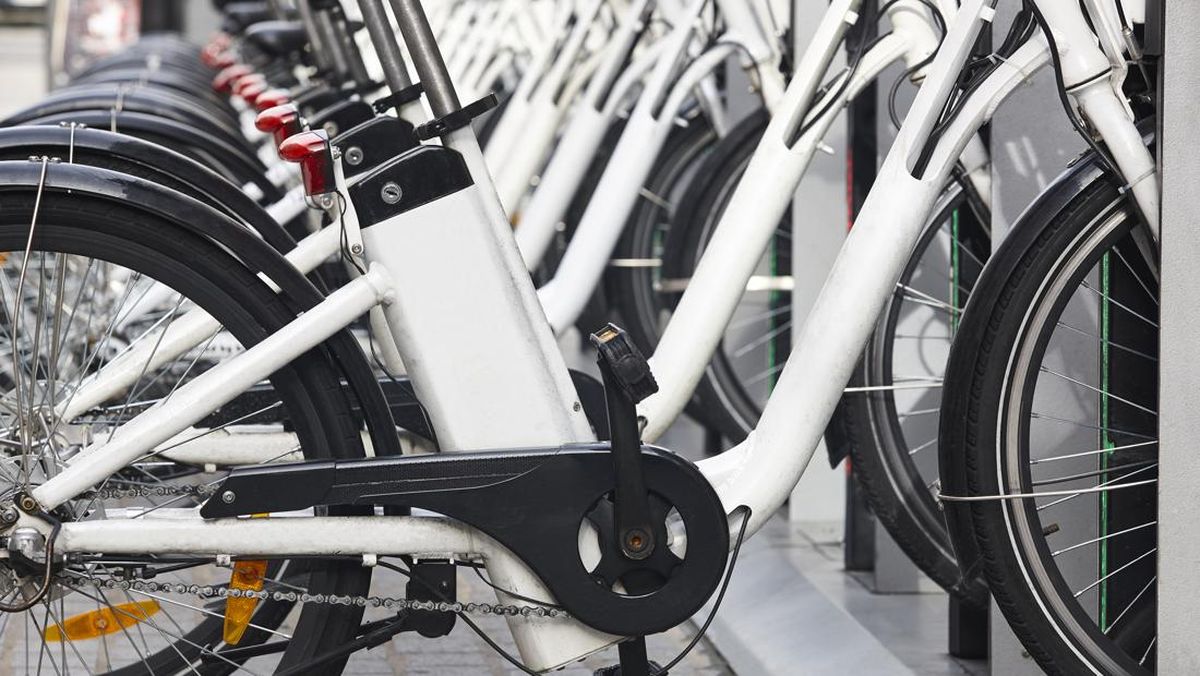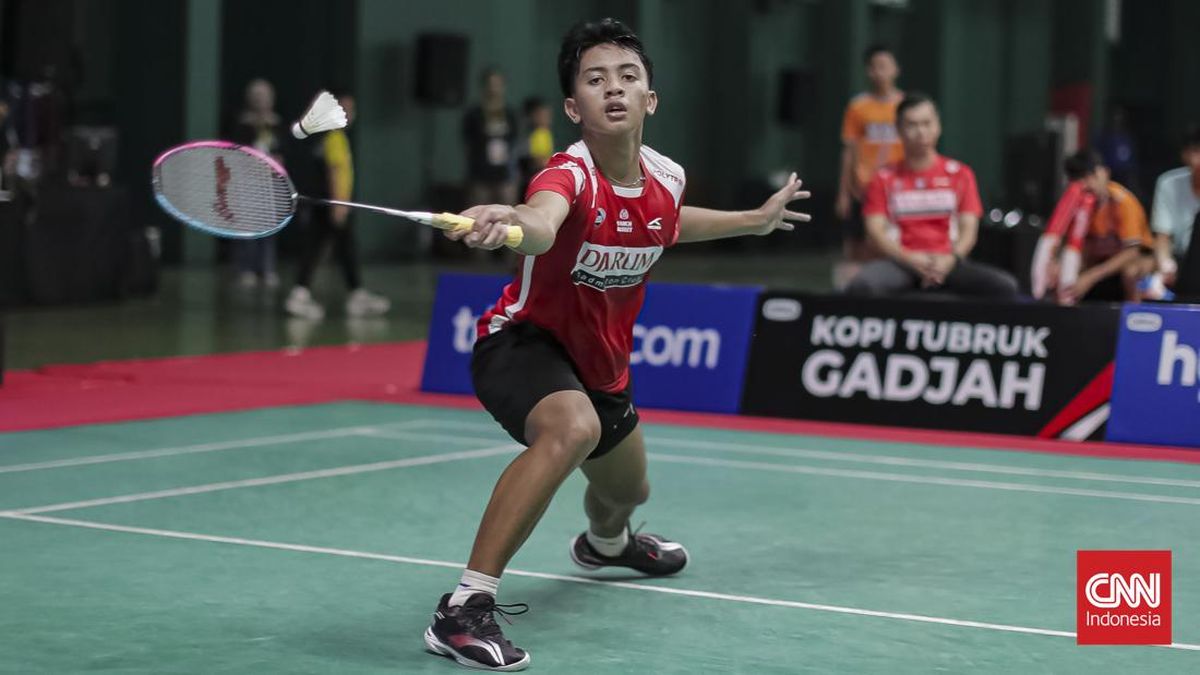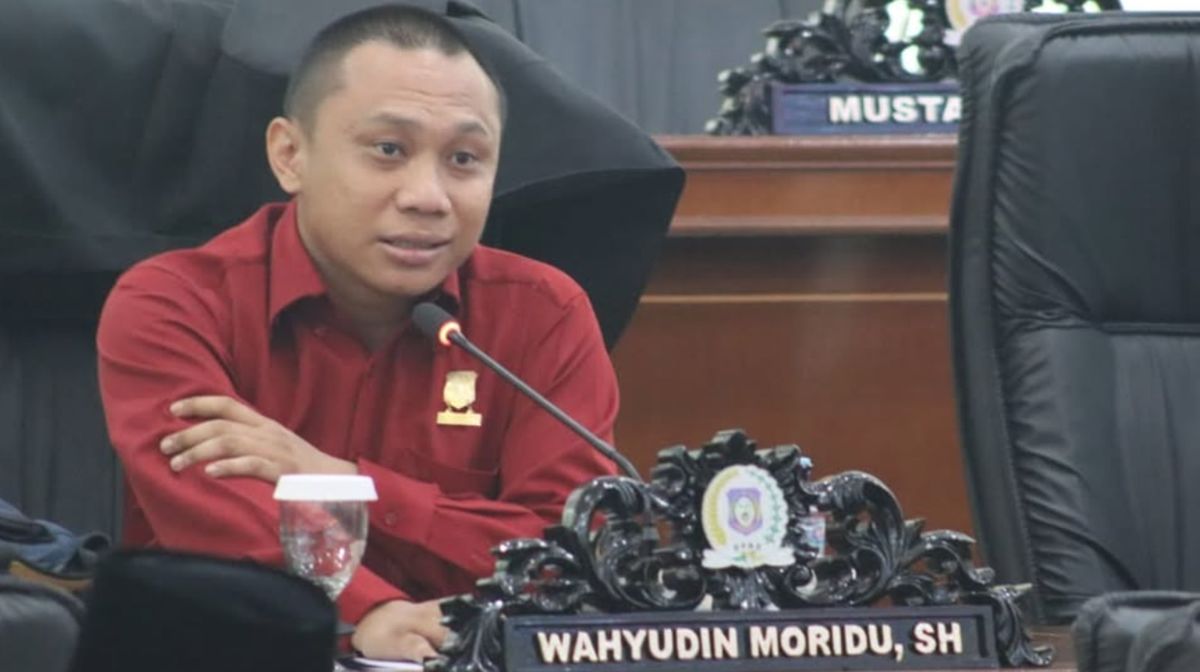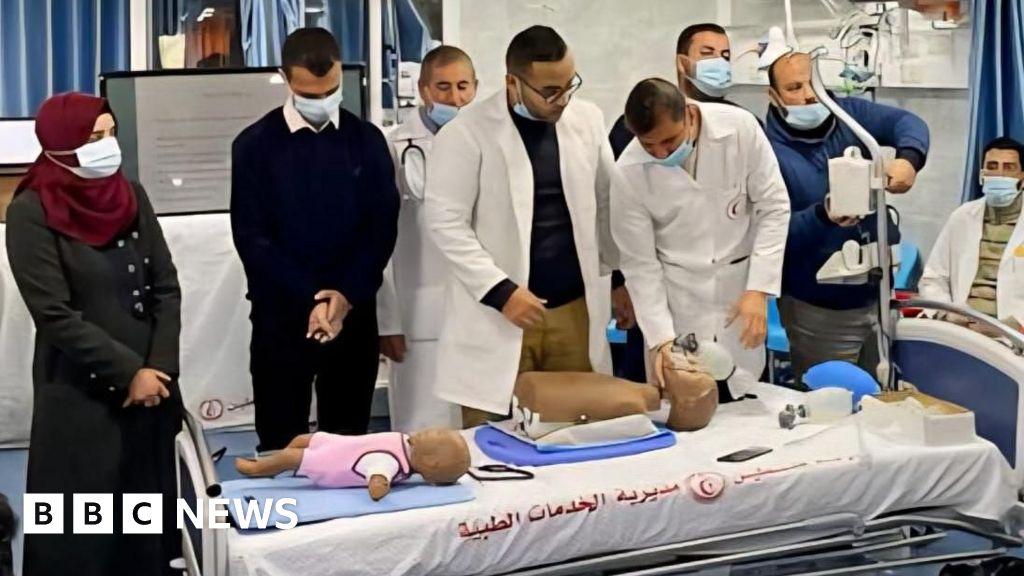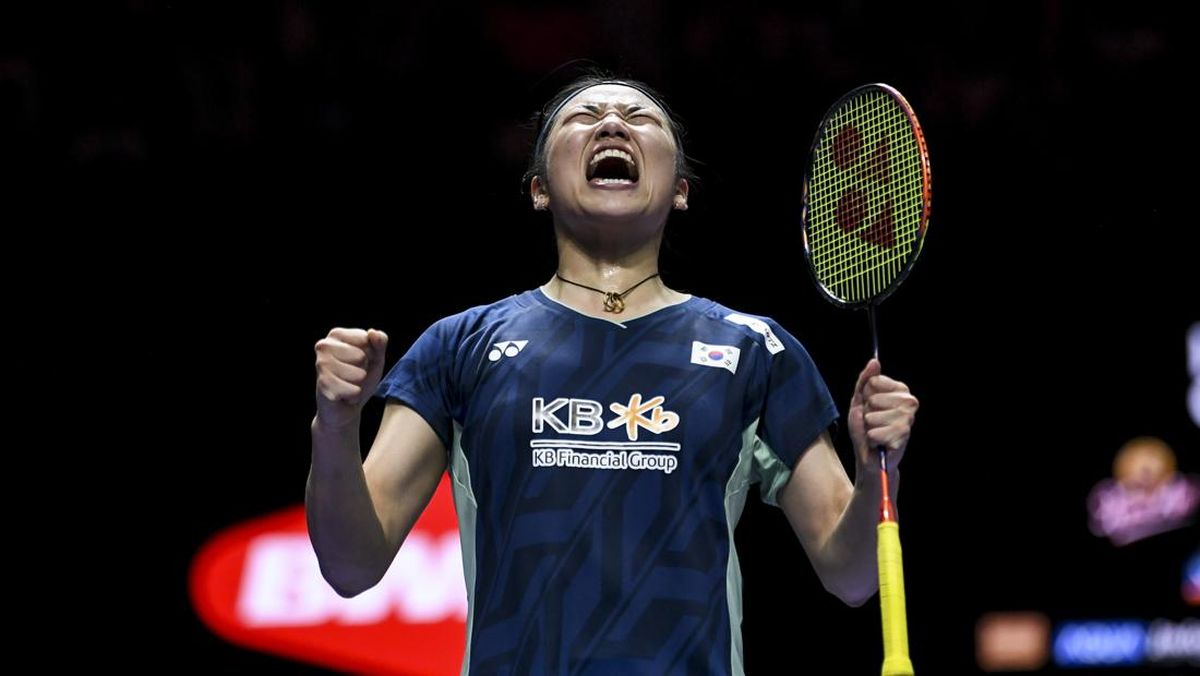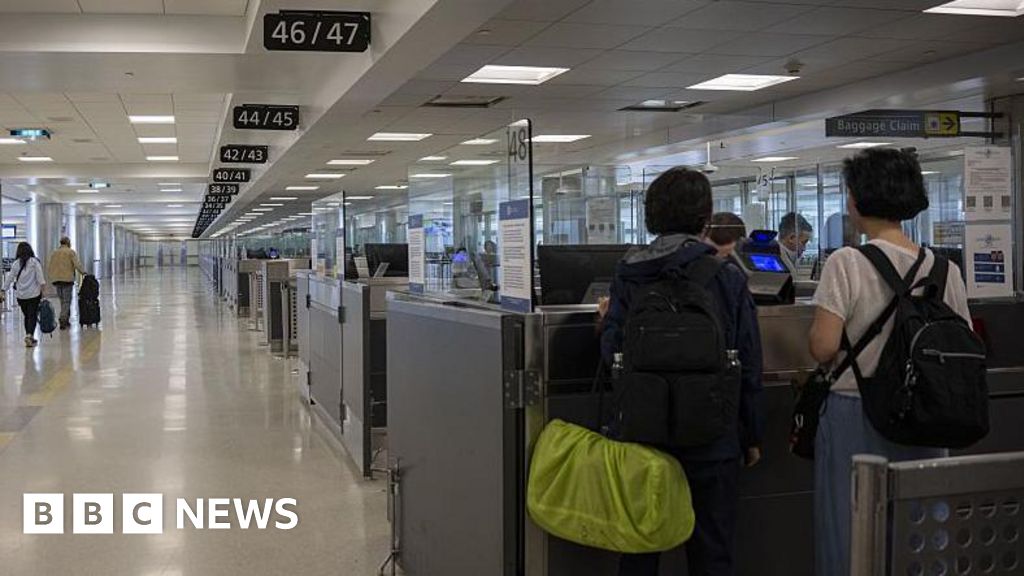Australian boys are far less likely to go to university than girls – particularly those who attend government schools, where just one in four gain a degree – and are being left behind in the race for highly skilled jobs.
A 10-year longitudinal study has uncovered yawning gaps in educational advancement between males and females that have been described as a “catastrophe in terms of education for males”.

Abigail Barfield, who went to an independent school, is now studying neurobiology at ANU.Credit: Alex Ellinghausen
In NSW, 58 per cent of girls who go to an independent school graduate from university, followed by 54 per cent of girls from Catholic schools and 48 per cent of boys from independent schools.
In contrast, only 27 per cent of boys from government schools graduated from university, followed by 35 per cent of boys from Catholic schools and 40 per cent of girls from government schools.
The research also identifies the major career advantage that private school students gain compared to government and, to a lesser extent, Catholic school students, with analysis of 10 years of national census data revealing they are roughly twice as likely to be employed in the most highly skilled professions, such as medicine.
Loading
Defying the trend of private school advantage is NSW, where government schools produce more high-skilled employees, such as doctors, than other states.
According to the report’s author, Australian Population Research Centre researcher David McCloskey, NSW’s selective school system contributes to producing those high-skill employees. He has called for more selective schools across the country.
While the NSW Department of Education has no plans to expand selective schools, it says: “We are currently expanding the provision of high potential and gifted education across our schools to ensure every student is challenged to meet their full potential.” It did not respond to the Herald’s question about addressing the gender gap.
McCloskey said his research reveals two key findings: that Australia’s unequal school system undermines the national ethos of a fair go; and that other states should invest more in selective schools.
“The thing that struck me the most was the difference between NSW [government school performance] and the rest of Australia. Selective entry schools go some way to creating a more socially equitable education system,” said McCloskey.
NSW has 47 selective or partially selective schools, Victoria has four, Queensland has three and Western Australia has 1.
McCloskey said this could be why NSW government schools outperform their interstate peers in producing workers who require at least five years of higher education.
McCloskey said the report provides unprecedented insights into the life outcomes of students who go through Australia’s three education systems – government, Catholic and independent.
“The universities say that they try to expand access to higher education, and they’ve done lots of work to try to expand access, but when you actually look at these results, they really haven’t got very far at all,” McCloskey said.
The report, School choice and careers, analysed each school cohort’s success in landing highly skilled jobs, requiring at least five years relevant experience or a bachelor’s degree or higher.
In this category – defined by the Australian Bureau of Statistics as skill level 1 occupations – girls who went to independent and Catholic schools performed best, with 41 per cent and 38 per cent respectively gaining a high-skill job, including medicine and science.
They were followed by boys from independent schools at 33 per cent. Males from government schools had the lowest rates, with 18 per cent going on to skill level 1 jobs. Boys from Catholic schools and girls from government schools were on equal footing at 25 per cent.
Abigail Barfield, who went to Pymble Ladies College and is studying science, specialising in neurobiology, said her independent school cemented her love of science.
“My passions were already there, but my school helped me foster them. They provided me with a lot of opportunities and a wide breadth of resources,” she said, noting STEM was “really, really popular” at her school.
Loading
“We had massive chemistry, biology and maths cohorts. It’s fair to say a lot of girls took what they learnt from school and developed that further,” Barfield said.
The research also finds that although government schools produce far fewer university graduates, they provide strong pathways to careers in construction and home building.
Start the day with a summary of the day’s most important and interesting stories, analysis and insights. Sign up for our Morning Edition newsletter.
Most Viewed in Politics
Loading

